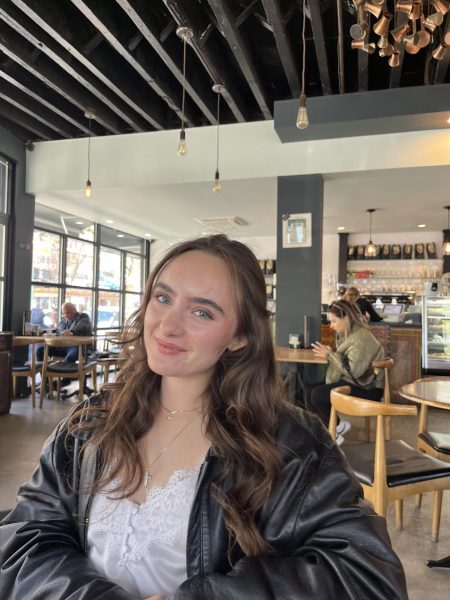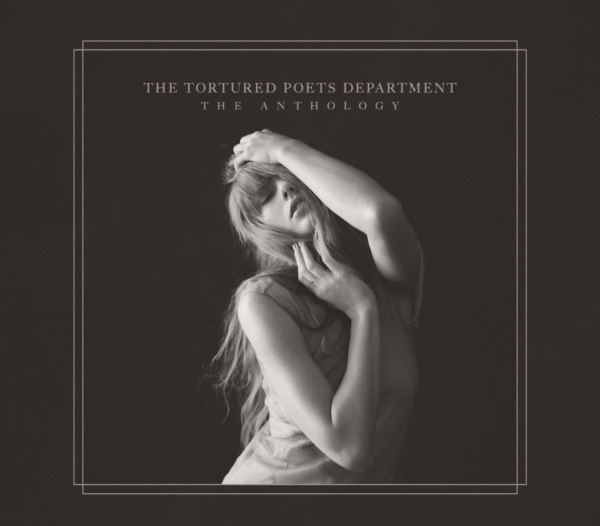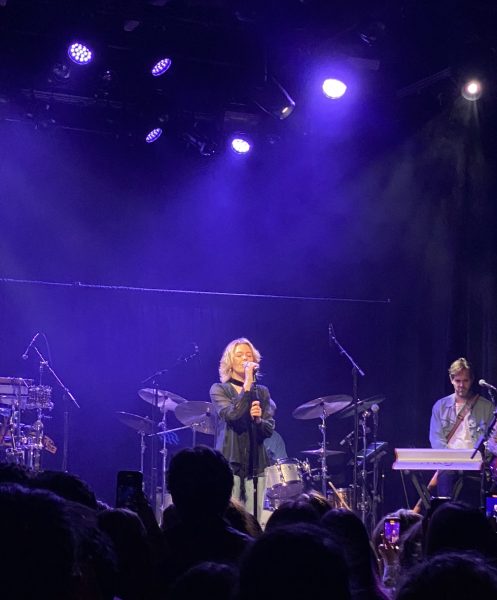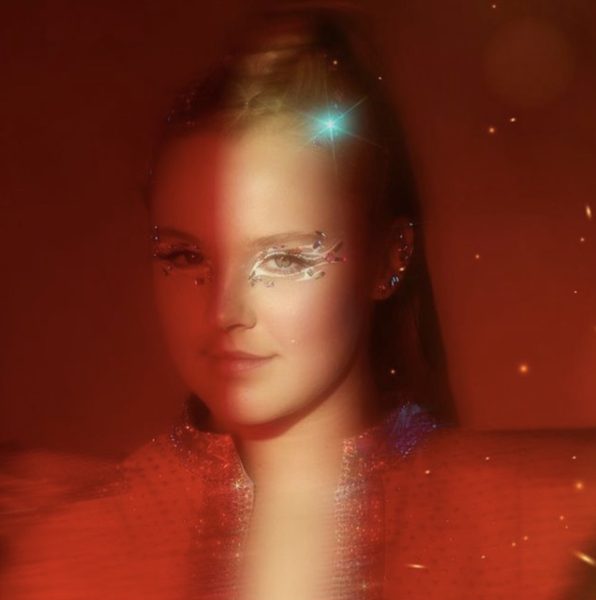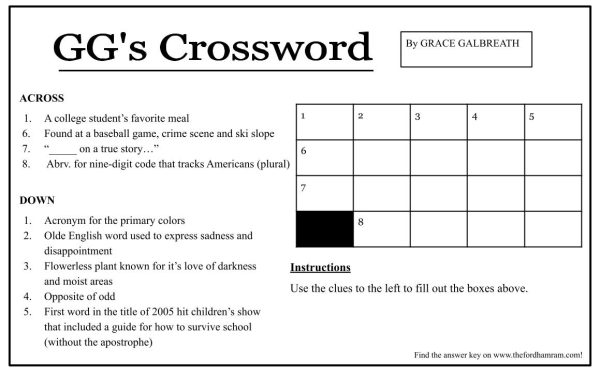FKA Twigs Ascends on “Magdalene”
In a year of historic comebacks, from Vampire Weekend to Kanye West, FKA Twigs leads the pack with her mystifying second LP, “Magdalene.”
FKA Twigs has a tendency to cause a stir whenever she drops music, and this release was no exception. Before “Magdalene,” we had been waiting for five years for a follow-up to her critically-acclaimed debut record, the aptly-named “LP1.”
In the meantime, many avant-garde art-pop artists have been imitating the image and output FKA Twigs brought to the limelight back in 2013. So, for her to come back and drop another iconic record both feels deserving and makes for a very refreshing moment in this overall dull year of music.
The most impressive aspects of the record are the stellar production and haunting lyrics. The whole album combines dark, layered instrumentation with confessions of isolation and inadequacy. On her last album, FKA Twigs’ primary draw was her unconventionality and musical experimentation.
In the present, then, testing new sounds and bending the lines of convention are already expected. The focus now is on emotionalism — FKA Twigs wearing her heart on her sleeve rather than trying to turn the music world upside down. This space for creative lyrics brings FKA Twigs into the depths of desolation, which bleed through every moment of the LP.
Heartbreak is difficult to communicate clearly in music, yet FKA Twigs skillfully submerges us into the lowest recesses of her psyche on this record. Her transparent content leads to the most candid moments on tracks like “mirrored heart,” which has a flawless relationship between production and content.
It’s striking how FKA Twigs was able to work with some of the biggest names in production — Benny Blanco, Skrillex, Sounwave and Noah Goldstein, for example — and still paint a personalized picture. Sometimes with mainstream projects, having too many producers leads to an inconsistent sound throughout the record — for example, West’s “Life of Pablo” — yet, on this LP, the diversity of producers lent FKA Twigs limitless space for creativity and ingenuity.
The most critical aspect of art pop, for many artists, is finding one’s creative limits. How far can an artist go?
For FKA Twigs, the answer is “nowhere.” Throughout the whole album, she utilizes aspects of trap, pop and synth-pop to create a Jackson Pollock of dismay and depression.
This all comes together on the track “holy terrain,” where she uses the sole feature on the album — the always poignant trap-star Future — perfectly. He gives the whole project a new feeling, bringing it into unfamiliar territory.
The way FKA Twigs describes her depressive states is intoxicating. A standout moment arrives on “fallen alien.” The song employs abstract metaphors to portray FKA Twigs’ emotional distress, yet it still manages to be relatable for the listener. That is the skill FKA Twigs has mastered: the ability to make extraterrestrial-level music that’s digestible for us brutish Earthlings.
“Magdalene” is easily a top tier project of this year. FKA Twigs is a once-in-a-generation artist and a complete anomaly. In a world where accessibility leads to the downfall of most artists, FKA Twigs uses it to expose herself fully to the world. This transparency resulted in the most impressive album of the year.
FKA Twigs is the anti-hero that pop needed, and she proved that no matter how long she takes to create, her art will endure.





